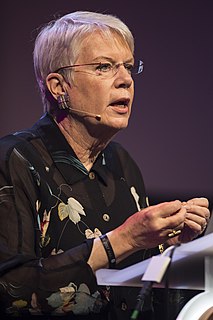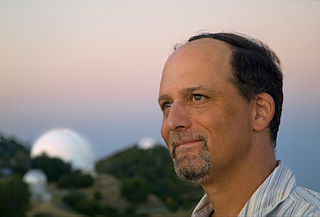A Quote by Debra Fischer
55 Cancri is extraordinarily rich in heavy elements and extraordinarily efficient at making planets - much more so than our sun - and those elements are the very ones you need to make planets that aren't just gas giants.
Related Quotes
When I grew up as a kid, we didn't know there were any other planets outside of our own solar system. It was widely speculated that planet formation was an incredibly rare event and that it's possible that other planets just don't exist in our galaxy, and it's just this special situation where we happen to have planets around our sun.
A major puzzle for which nobody has an answer is this: is there some size at which the planets change their nature from water-rich planets like Neptune, to rocky planets like the Earth? We have found two planets that are the size of the Earth in radius, but they are very close to their host star, so water on the surface would evaporate away.
There's no doubt that the search for planets is motivated by the search for life. Humans are interested in whether or not life evolves on other planets. We'd especially like to find communicating, technological life, and we look around our own solar system, and we see that of all the planets, there's only one that's inhabited.
































